De facto student cap would be ‘illegal’, ex-bureaucrat says, as Ministerial Direction 111 is introduced
A former Immigration Department deputy executive made the claim as the government vowed to manage numbers ‘in a fairer way’ after the Coalition blocked its controversial student caps legislation.
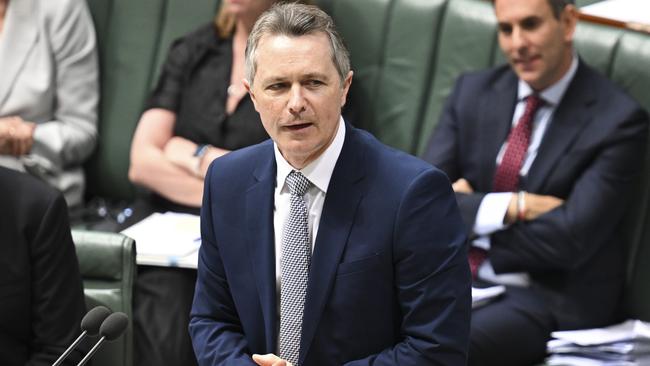
A former Immigration Department deputy executive says it would be illegal for Labor to use its new overseas student visa processing scheme as “a de facto cap”, with the Albanese government vowing to manage foreign numbers “in a fairer way” after the Coalition blocked its controversial student caps legislation.
Ministerial Direction 111, which will come into effect from Thursday, slows down offshore student visa processing once a tertiary institution gets close to its international student target set by the government under its failed legislation.
The announcement comes a day after Labor’s mid-year budget update revealed a blowout in migration forecasts since the May budget. New government data, released on Wednesday, also showed there was a record 495,400 international student commencements over the last year, and more than 1 million enrolments.
Ministerial direction 111 will replace controversial ministerial direction 107, a student visa processing scheme that was widely criticised for favouring sandstone universities over regional and outer suburban universities, with many university leaders celebrating the change.
Executive Director of the Regional Universities Network (RUN), Alec Webb, said “MD111 will have an immediate impact for smaller and regional universities” in 2025.
He added “it will take some time for the new ministerial directive to wash away or to rectify the impact of the previous visa processing regime, MD107, that saw regional university student commencements drop by 30 per cent from 2023 to 2024”.
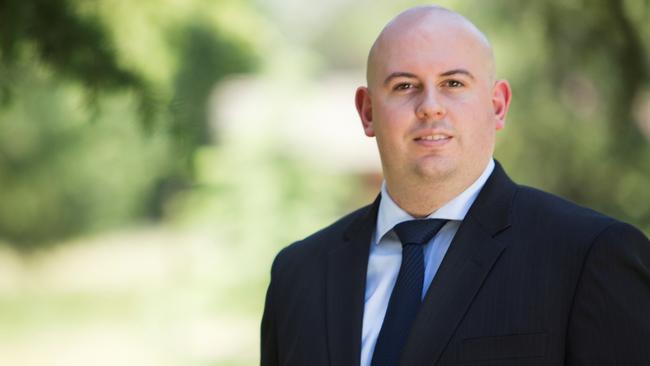
Innovative Research Universities’ Paul Harris said Direction 111 “levels the playing field” and the “government must now ensure that visa processing capacity is in place to deliver on the arrangements set out in this new ministerial direction”.
The new direction means departmental officials will now be required to give priority to offshore visas for each tertiary institution up to 80 per cent of the international student cap figure allocated previously by the government under the failed legislation. The institution’s remaining 20 per cent will be then processed more slowly.
Shadow Minister for Education Sarah Henderson was sceptical that anything would change given the new direction was “tied” to Labor’s flawed student caps scheme.
“Updating a ministerial direction on visa processing will do nothing to fix Labor’s immigration mess,” she said.
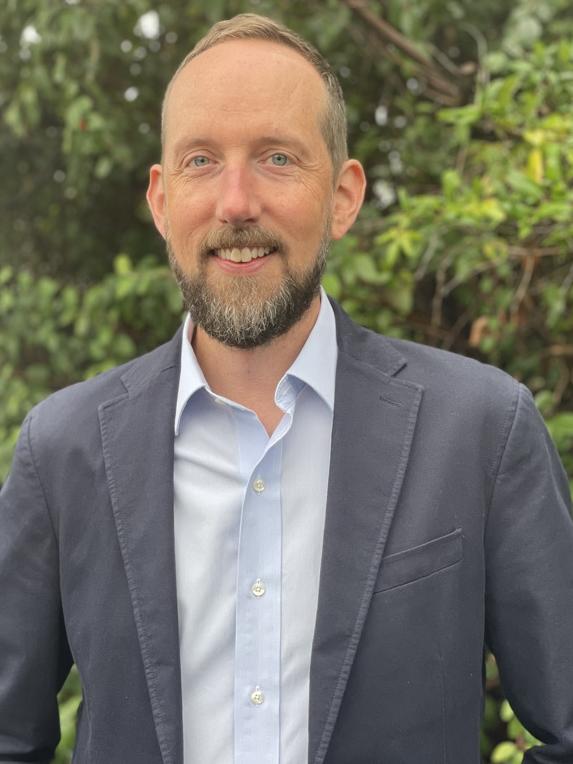
The new direction explicitly states that it is not a cap.
“Legally the government is obligated to process all offshore visa applications in a timely way … It would be illegal to deliberately engineer a backlog in order to use it as some sort of de facto cap. It states that in the direction,” former immigration deputy secretary Abul Rizvi said.
Yet, unless the government creates a backlog, Mr Rivzi said, then immigration officials will be obligated to process all offshore applications (whether they be approved or denied) before the academic year begins. This means institutions could well exceed their allocated number of students.
Some industry sources questioned what action the government would take if universities exceeded their international student allocation, and how long it would actually take for the extra 20 per cent of visas to be processed.
Mr Rizvi also argued that Labor’s new ministerial direction does not achieve “much at all” towards the government’s migration objectives, including managing student numbers, controlling the quality of applicants, or creating more diversity beyond the concentration of students from China.
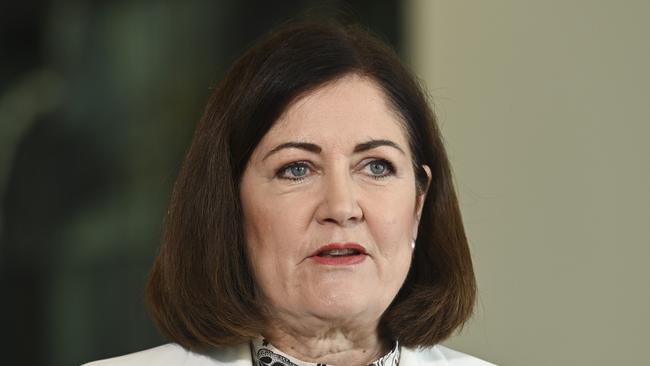
In a joint statement on Thursday, Home Affairs Minister Tony Burke and Education Minister Jason Clare attacked “Peter Dutton and the Liberals’ efforts to increase migration and help dodgy education agents and dodgy providers will not succeed”.
“Following the Liberal Party’s decision to oppose international student caps, the government will ensure international student numbers can be properly managed while making the system fairer through changes to visa processing prioritisation.”
Mr Rizvi said he couldn’t see “how it achieves very much other than processing visas for regional universities slightly faster than before”.
“So in terms of objectives the government says it wants to achieve, it doesn’t do much at all … It’s not going to achieve much in terms of certainty of outcomes, in terms of managing numbers, it’s not going to achieve much in terms of quality,” Mr Rizvi said.
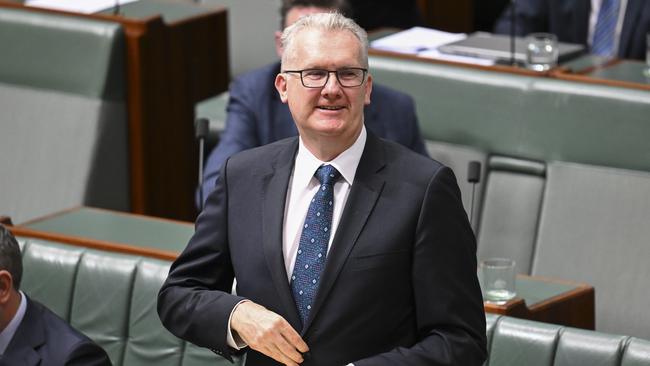
Luke Sheehy, CEO of peak body Universities Australia, said he was glad MD107, which had “wreaked havoc, stripping billions of dollars from the economy and inflicting incredibly serious financial harm on universities, particularly those in regional and outer suburban areas”, was gone.
Mr Clare said on Thursday that the Opposition Leader’s “reckless arrogance” had killed the student cap.
“Improving the current approach will strengthen our ability to manage the flow of international students, and better support regional education providers,” he said.




To join the conversation, please log in. Don't have an account? Register
Join the conversation, you are commenting as Logout